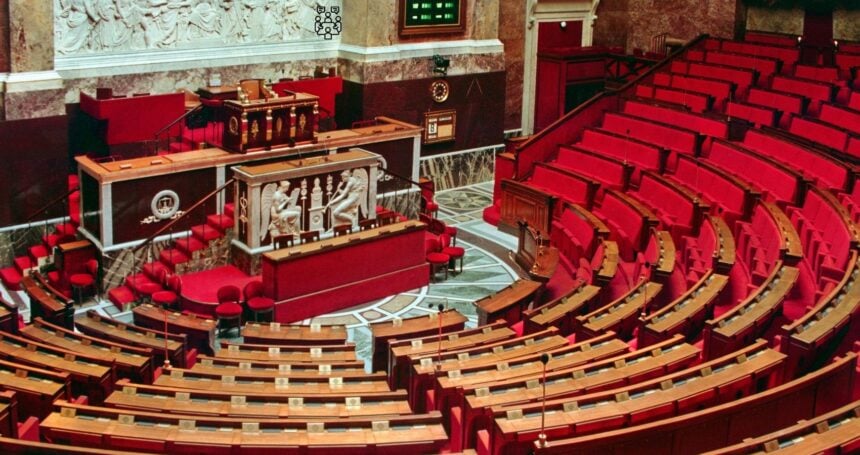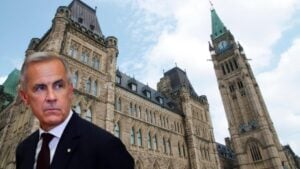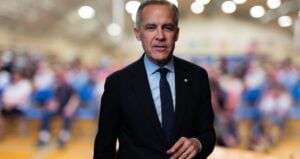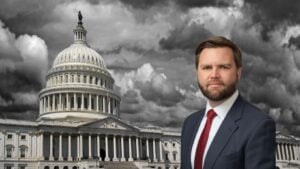A new advisory from the Prime Minister’s Office says that Jamaica’s Prime Minister Andrew Holness will meet with the Prime Minister of Indonesia, Prabowo Subianto, at the First Biennial Summit for a Sustainable, Inclusive, and Resilient Global Economy in New York.
Then, the Prime Minister will go back to Ottawa for Question Period and an evening meeting with President Subianto that comes before a signing ceremony.
The purpose of the UN summit is to show how countries pay for their growth and climate goals while also dealing with their debts.
Organizers say it will help the UN system and international financial institutions agree on reforms that could make capital more affordable for developing economies.
The tone of this session is important because it can affect what people think about how much leverage multilateral development banks have, how sovereign debt should be restructured, and what new financing tools might come out that affect bond and currency markets.
Return to Ottawa for politics
A quick trip back to Ottawa in the middle of the day shows how busy the political calendar is at home. The advisory says that Question Period will start at 2:15 p.m. local time, which means that the prime minister will be in the Commons hours after attending UN events.
Juxtaposition is strange and shows how hard the government is trying to balance foreign and domestic priorities on a tight schedule.
The evening program is mostly about Indonesia, which is a G20 economy that is becoming more important strategically.
The PMO says that the prime minister will greet President Prabowo Subianto, have a meeting with him, say a few words before the signing ceremony, and then host a dinner. The advisory did not say what the terms of the agreement were.
The meeting comes after a time when Canada and Indonesia have been working together more closely, including on building stronger trade and investment ties.
According to data from the Canadian government, trade in goods between Canada and Indonesia was worth about $5.5 billion in 2024. About $2.3 billion of that was Canadian exports, with cereals, fertilizers, wood pulp, soybeans, and machinery being the most important.
Angle on the global market
The New York part gives us some ideas about the global financing debate at a time when many countries are still paying off their debts and need more money for development.
If there is any agreement on MDB capital efficiency, private sector mobilization, or debt transparency, it could change risk premia in emerging markets and raise the cost of capital for climate and infrastructure projects that Canadian and U.S. investors help pay for.
The meetings in Ottawa, on the other hand, focus on how Canada can diversify its trade beyond North America.
Indonesia’s size and its place in Indo-Pacific supply chains make it a good partner for Canadian exporters and investors who want to grow in agriculture, energy transition inputs, and services.
If the signing ceremony leads to a real step, even a small one, it could help businesses understand tariffs, how to get access to goods, or standards better.
The government sends messages to other countries while also being accountable to its own people by spending half the day in UN diplomacy and half the day in the Commons.
The federal government’s policies on growth, productivity, and capital formation, which all have an effect on the Canadian dollar and the S&P/TSX. New sessions are starting in New York and Ottawa, and even small signs can change what people expect.
The prime minister will give a speech at a UN summit about changing the way the world handles money. After that, he will meet with Jamaica’s leader in New York and Indonesia’s president in Ottawa before a signing ceremony.
In the morning, the markets will look for clues about policy direction in the words, and in the evening, they will look for clues in the handshakes. The PMO hasn’t given any more information about the evening agreement yet.




















